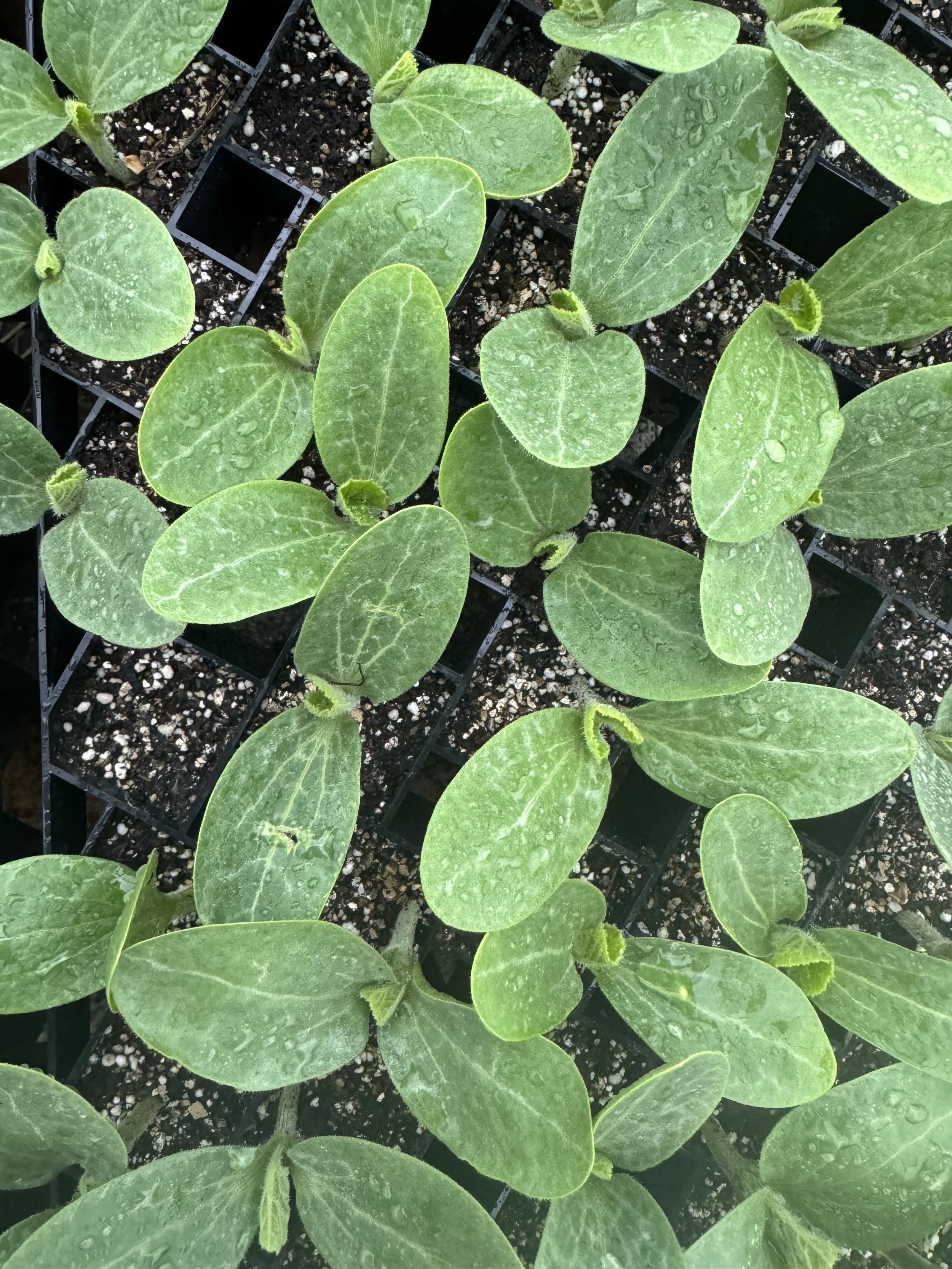
About The Farm
Long Way Farm is a queer-owned vegetable and cut flower operation in Carnation, WA on the unceded ancestral lands of the Coast Salish people. It was started in 2022 by its two co-owners Martie and Chloe, who met working at a farm in the Snoqualmie Valley in 2019. Located right on the Snoqualmie River, the land is owned by King County and managed by SnoValley Tilth’s Experience Farming Project. Martie and Chloe are extremely grateful to get to work in such a beautiful place.
After sustaining farming-related injuries, both Martie and Chloe wanted to start a farm that would allow them to continue the work they loved in a way that worked better for their bodies. They hope to create a space where the physical and mental health of the people working on the land is prioritized as highly as the health of the land. Though these are challenging long-term projects, they are happy to be working on them with the support of their communities.
How We Farm
Although we are not yet certified, we strictly follow all Organic and Certified Naturally Grown practices. We do not use any synthetic sprays to control weeds and pests. We use a combination of hand and mechanical weeding as well as mulch to control weeds, and use only OMRI-listed soil amendments and pest control products when necessary. We also strive to build soil health through the use of crop rotation, cover crops, and compost. The farm floods seasonally, meaning that any products we apply or leave behind throughout the growing season will be carried away by the river in the winter. We are therefore extremely careful about what we put into the soil.
Why We Farm
We grow food and flowers because we can’t imagine our lives any other way. From long days in the field to bringing the final product to market, the entire process brings us so much joy and appreciation for the world we live in. We also want to make sure that we can farm in a way that allows us to keep doing this work for years to come, which involves letting go of certain expectations and committing to learning what systems and farming practices truly work best for us and our operation.
We also do this work because we love the connection it brings us to the land, and we strive to be good stewards of that land. We hope to play a small part in a movement towards a more equitable and just way of growing and distributing food. We are committed to continually learning how to make our vegetables more accessible. We have a lot of ideas we hope to incorporate in the coming years, but we also love to hear people’s suggestions about accessibility, so please always feel free to reach out!
Finally, we know we can only do this by working closely with our communities. Every year we hope to work more collaboratively with farmers, non-farmers, and growers of all kinds to create more transparency and knowledge sharing.

